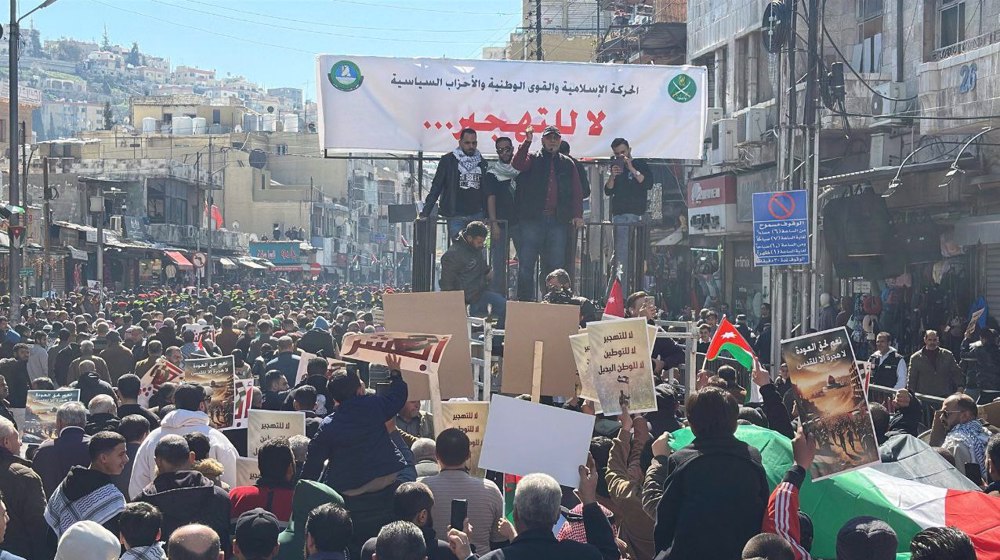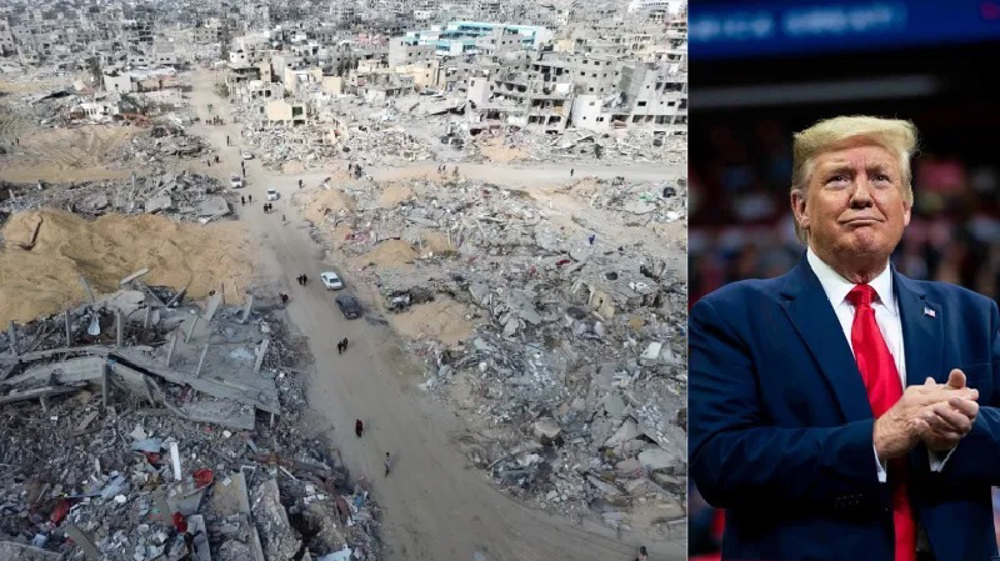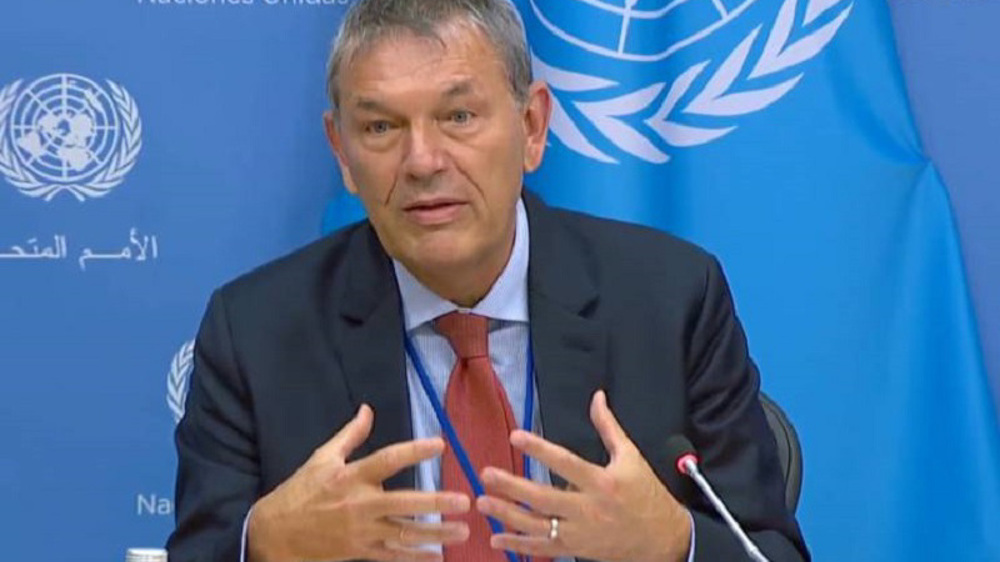UK shamefully evading responsibility for Yemen deaths: Amnesty
Amnesty International has dismissed as “utterly shameful” the United Kingdom’s claims that no British-made cluster bombs have been used by Saudis against civilians in Yemen.
Last month, British Minister for Defense Procurement Philip Dunne said no UK-supplied cluster weapons have been used in the current conflict in Yemen.
“It is utterly shameful that the British government has sought to evade responsibility, denying the use of UK-supplied cluster munitions in Yemen by the Saudi Arabia–led coalition despite comprehensive and compelling evidence gathered by Amnesty International on the ground,” said Amnesty's senior crisis response adviser Lama Fakih.
Evidence provided by Amnesty in late May showed that Saudi Arabia had used British “BL-755” cluster bombs in an attack on the remote village of al-Khadhra in Yemen’s Hajjah province.
“By failing to launch an urgent investigation into the use of British-made cluster munitions, the UK government is demonstrating a callous indifference to the lives of civilians in Yemen,” Fakih said.
She said Britain should be calling on Riyadh to “cease all use of cluster weapons and urging them to immediately provide the UN with precise locations of cluster munition attacks in order to facilitate clearance and to warn civilians about the risks.”
Each “BL-755” bomb has a cluster of 147 little bombs inside that scatter over a wide area when dropped. Some do not explode until agitated by unsuspecting civilians when they take their toll.
Amnesty said the cluster bombs used by Saudi Arabia has killed and wounded at least 16 civilians, including nine children, between July 2015 and May 2016.

‘UN buckled under Saudi pressure’
On Monday, the United Nations temporarily removed the Saudi kingdom from a blacklist of states and armed groups that openly flout the rights of children, in a move slammed by the human rights groups as giving up to Saudi pressure.
The UN had added Riyadh and the coalition of countries supporting it in its the war on Yemen to the blacklist for being responsible for 60% of child casualties in the Arab country last year, when it killed 510 children and injured 667 others.
Riyadh, angered by the report, demanded its “correction” and on Monday UN Secretary General Ban Ki-moon agreed to the kingdom's proposal to jointly review the report.
“Pending the conclusions of the joint review, the secretary-general removes the listing of the coalition in the report’s annex,” Ban’s spokesman Stephan Dujarric said.
However, Saudi envoy to the UN Abdullah al-Mouallimi said that the change to the list was “final and unconditional.”
Human Rights Watch condemned Monday’s decision and said the UN chief had capitulated to Saudi pressure, highlighting that the UN itself had extensively documented the Saudi airstrikes on Yemeni schools and hospitals.
Saudi Arabia launched its military aggression against Yemen on March 26, 2015, in a bid to reinstate former President Abd Rabbuh Mansur Hadi, a staunch ally of Riyadh, and undermine the Houthi Ansarullah movement.
More than 9,400 people have been killed and at least 16,000 others injured in the aggression.

Jordanians rally en masse to censure Trump's Gaza takeover plan

Jordan rejects US proposal to relocate Palestinians

UNRWA unraveled amid Israel's allegations, reduced intl. support
Iran condemns Israeli attacks on Gaza tents as 'clear proof of war crime'
Syria’s HTS seeks normalization with Israel, Jolani writes to Trump
Iranian FM Araghchi heads to Muscat for indirect talks with US
Trump Ukraine mediation muddle
US nuclear weapons costs projected to soar to $946 billion
Yemen downs seven US Reapers worth $200 million in six weeks
VIDEO | Immigrant voices unite in New York against global far-right surge
Iran rejects 'baseless' Dutch claims about plotting assassinations











 This makes it easy to access the Press TV website
This makes it easy to access the Press TV website